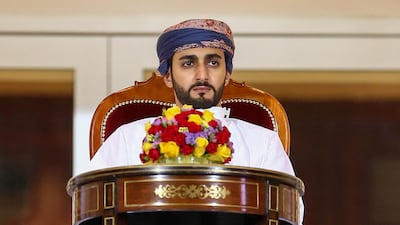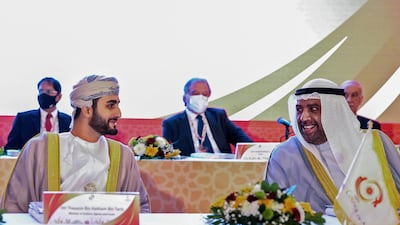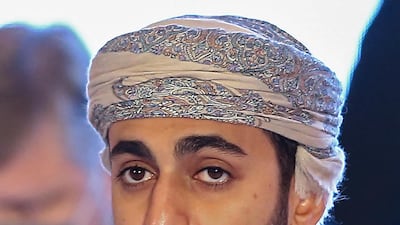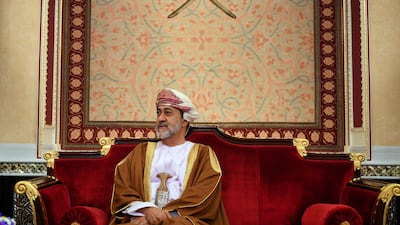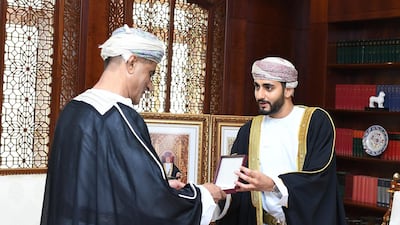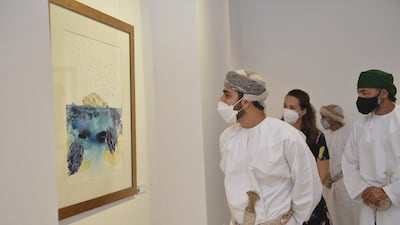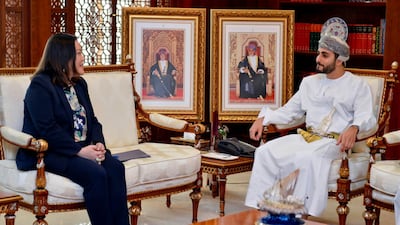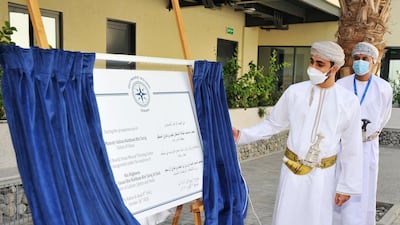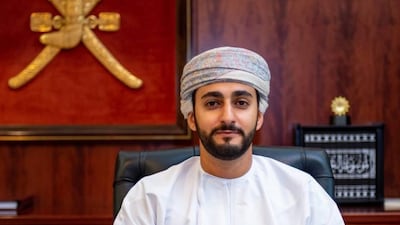Oman's Sultan Haitham changed the State Basic Law to grant citizens and residents living in Oman freedom of expression and opinion.
"Freedom of opinion and expression be in writing or speech and all forms of expression are guaranteed by the Basic Law of the State in accordance with the law and without detriment to the sanctity of private life," state-run Oman News Agency reported on Thursday.
ONA also reported that the Sultan ordered “the freedom to practice religious rites according to recognised customs, is protected, provided it does not violate the public order or contradict morals”.
Sultan Haitham also removed a law that previously allowed the state to monitor private phone conversations, social media or postal correspondence.
“In this regard, the Basic Law of the State states that the freedom of correspondence by post, telegraph, telephone conversations and other means of communication is protected and its confidentiality is guaranteed,” the ONA said.
Sultan Haitham, who took the throne in January last year after the death of Sultan Qaboos, introduced a series of measures to revamp the government and its laws. The new Basic Law, the closest Oman has to a codified constitution, effectively replaces the first, set in 1996.
Sultan Qaboos, who ruled the country for 50 years, is regarded as the founder of modern Oman but Sultan Haitham has already embarked on reforms to reshape the destiny of his people.
Omanis think the latest changes will win investor confidence at a time when Oman needs to revive its ailing economy.
"Without any doubt, freedom of expression will be seen by many foreign investment companies as a way forward. It will place Oman on a higher pedestal of transparency and as a result, investors will now know that the country respects everybody's opinions," said Khalifa Al Maraei, 32, a property investment company owner.
Expatriates working in Oman also expressed their delight.
“The part which I like is the right to practise your religion rites. Oman has a significant expatriate population, including Christian and Hindu faiths,” said Ravi Shankatram, 37, an Indian IT engineer living in Muscat.
“Expatriates now will feel more confident to practise their religions without fearing prejudice. I am not saying we are facing that but now we will be more confident when we go to churches or temples to practise our faiths.”
This week, the Sultan tweaked another state basic law by setting up the role of the crown prince for the first time in the history of Oman. He made his eldest son, Dhi Yazan bin Haitham, heir apparent to his crown.
Dhi Yazan bin Haitham, 30, is currently the minister of culture, sports and youth.
Sultan Haitham last year retired several senior officials, including Cabinet ministers, introduced value added tax, income tax and removal of some state subsidies, in an attempt to cut state spending and boost revenues

